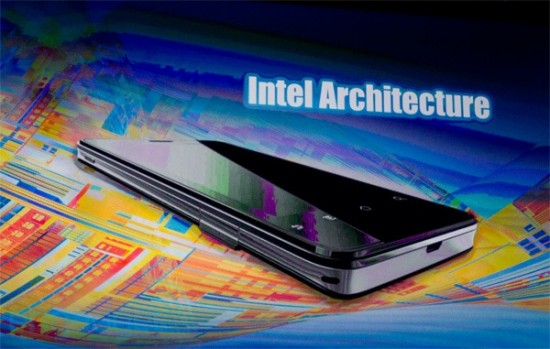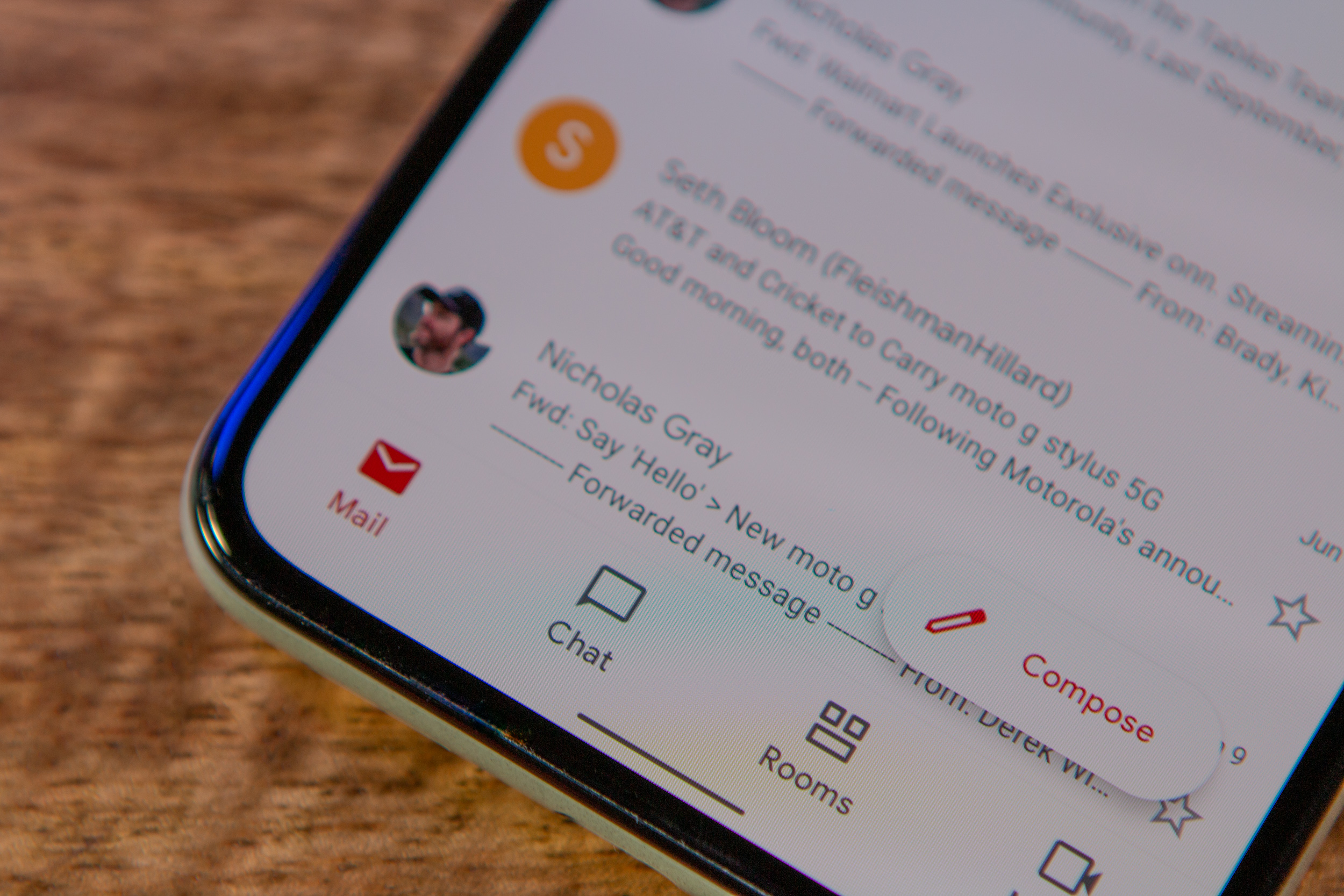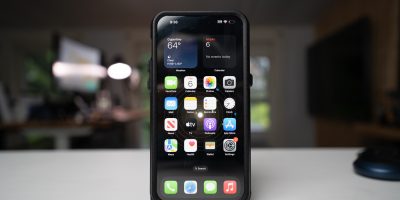
Yesterday, Intel announced that their new line of Atom-based E6xx processors would features support for Android 2.3, and today Andy Rubin was on stage at IDF with the real deal on hand. Joining Intel CEO Paul Otellini, a Medfield-based Android handset was the star of the show, but perhaps more important then the actual product (which appeared to be a previously spied Aava Mobile handset) was talk of a greater commitment from the two companies to work together to make Android on Intel a reality.
While Intel plans to continually work to build Android support into their upcoming products, the Android Team will do the same at the OS level. The companies went as far as to promise that all future Android builds will be optimized for Intel’s Atom CPUs.
[via Engadget]










Android on my netbook Atom N270 works really well. Let’s hope to see soon Android on laptops and netbooks…if so, i think Microsoft would fall like a sand castle. Go on Intel….go!However…it works really well on Amd cpu too…..
Microsoft isn’t going to fall. If android takes off as a PC OS platform it’ll just mean the rise of a new faction in between the two giants (Mac and Windows). It would be like if the Libertarians suddenly gained immense popularity and went up against the Dems and the Republicans. You’re not going to get rid of either of those two political parties–you’ll just give the people more choice.
iOS can’t easily change instruction sets since they are compiled apps, whereas Android’s Java works on anything, ha ha!
Some Android apps are compiled too… especially anything that is resource heavy like games and media apps.
So where does this leave companies like Nvidia, TI, and Qualcomm? Are their processors not good enough for Android to be optimized for them?
First they buy Moto Mobility, now they are in bed with Intel. Google is up to something, and I have a feeling a lot of Android partners are becoming uneasy with some of the things Google is doing right now.
I don’t think this is really something to worry about. Android already works great on Nvidia, TI, and Qualcomm processors. I think Google’s just working to get one more great chip maker on board, which serves to increase Google’s footprint, which is what their whole model is about. As for the consumer, it increases choice and helps drive innovation to have one of the biggest chip manufacturers making chips for Android.
It never hurts to team up with one of the largest chip manufacturers in the world.
The only problem is, all the chips thus far have been ARM. Now they are bringing in x86…. Don’t get me wrong, more options are always awesome, but think about what kind of hell its going to be for app developers that use the NDK…. they’re going to have to support two different .apks, one compiled in ARM code and another compiled in x86 code.
This reminds me of Windows CE back in the day…. you had .cabs for SH3, SH4, x86, ARM, etc. for each program. Talk about fun getting the right one if it wasn’t labeled. Maybe they have a solution in mind for this?
it’s not a problem for a Linux based OS like Android….Linux supports both technologies without problems….
The Linux kernel can support both architectures, but if an app is compiled for ARM in the NDK, then it won’t run on x86-based devices.
I was running Android 2.2 x86 on my Eee PC 1000H w/ an Atom N230 and it ran everything great, unless it was compiled. Firefox Mobile and many games were a no-go on x86.
yeah, i know…i’m not an expert but i think it won’t be so difficult….and i think Google will collaborate with Intel porting Android market to x86 processors. Be happy about that Stephen, cause soon we will see great machines running Android…
I think this is a backwards move for Android. There’s nothing that Atom can do better than a high-end ARM chip – and the high-end ARM chip is also much cheaper for manufacturers.
What if the phone itself would carry it’s own compiler? Sure it would take a very long time and might take a lot of power, but it guarantees full software compatibility and optimalisation.
With all the lawsuits, its nice to see Intel isnt scared off.